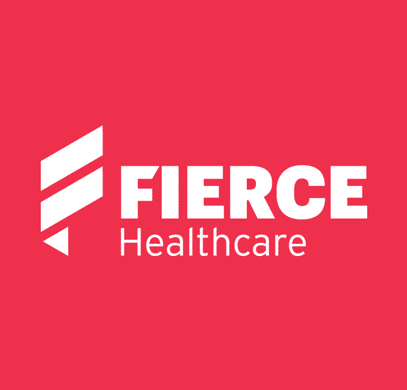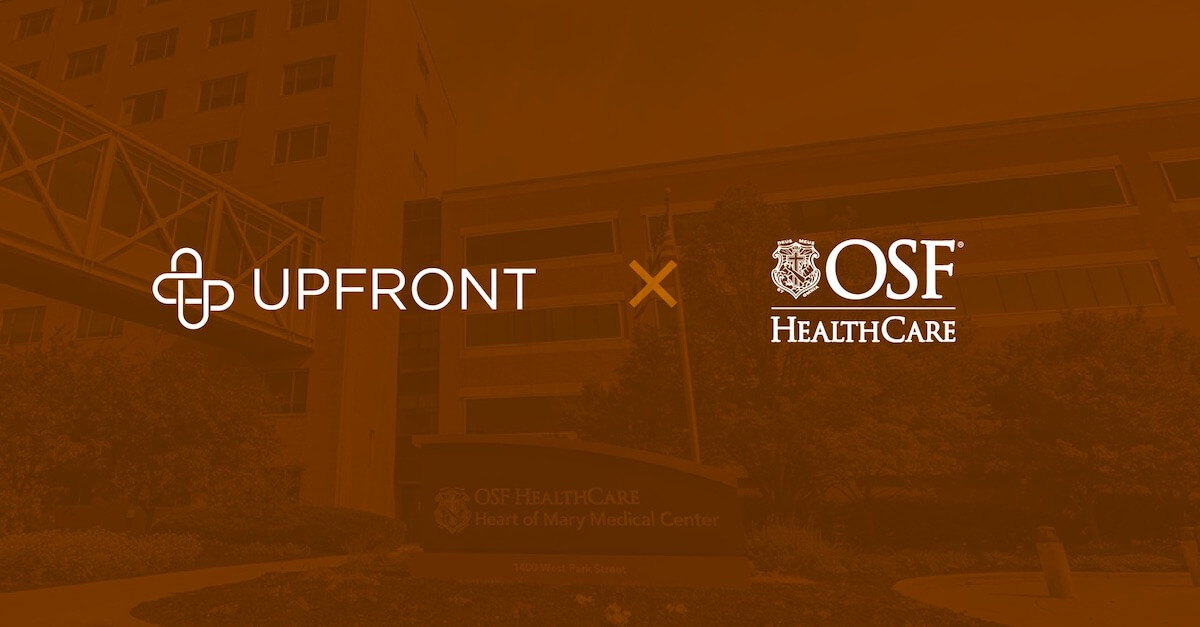It’s been more than a year since the United States was “locked down” with the worst public health crisis in more than one hundred years. For a great many of us, time stood still. To the extent we could, we paused our lives to flatten the curve. Schools closed, companies fortunate enough to stay in business went remote, and any semblance of a social life or shared human experience became virtual.
As is often the case in disasters, less fortunate populations were hit the hardest. Access to testing, proper care, and treatments were limited as our health systems quickly became overwhelmed. Our most vulnerable citizens suffered the greatest losses and our frontline workers bore the brunt of the pandemic, putting themselves at risk due to the essential nature of their jobs, including anyone from healthcare workers to grocery store cashiers.
Returning to “normal” means examining what we have lost and finding a way to move forward. In the case of people who missed preventative cancer screenings like colonoscopies or mammograms, the early detection advantage was lost. Perhaps as many as 10,000 excess deaths from commonly treatable cancers will occur over the next decade because of these canceled screenings.
Peoria-based OSF Healthcare, one of the Midwest’s largest nonprofit health systems, launched an initiative this past holiday season to address gaps in care related to mammograms. The health system partnered with Blue Cross Blue Shield to identify a group of 1,200 patients, all due for a mammogram and located within hardship zip codes considered to have less access to care.
The objective was simple – support these patients in scheduling their mammograms. To do that, OSF had to connect with a disengaged population segment. Enter Upfront Healthcare.
Upfront layered personalized content into a multi-channel outreach strategy to digitally engage the patients and navigate them toward scheduling their mammogram. Patients were contacted in several different ways, ranging from standard phone calls to SMS messages containing an individual landing page called a Microsite. Personalized content explained the importance of the mammogram and OSF’s safety protocols utilized under COVID, with a call to action guiding directly to the scheduling portal with convenient locations offered near the patient’s zip code.
By removing typical barriers to engagement like passwords and app downloads, the initiative generated startling engagement rates. In 30 days, 40% of eligible patients engaged and, of those 40 percent, 50% followed the digital pathway to scheduling. Overall, 34% of the 1,200 patients scheduled mammograms, which is on par with past performance from more participatory patient segments.
“We had great success outreaching and educating patients that it was both safe and extremely important to not put off this vital preventative screening, this necessary care,” said Stephanie Grgurich, Vice President, Digital Experience at OSF Healthcare. “When we engaged these patients on a personal level, well, the results speak for themselves.”
With the vaccine rollout accelerating and expanding to more segments each week, there is significant progress in putting the pandemic behind us. As we reckon with the damage done to our economy and collective mindset, we will need to take a long, hard look at how, as a country, we move forward in the wake of this shared tragedy and emerge stronger and wiser. One takeaway seems clear – personalized communication that effectively reaches people where they are, engages them through targeted information, and guides them towards necessary care goes a long way towards making healthcare accessible and equitable for the most vulnerable among us.




